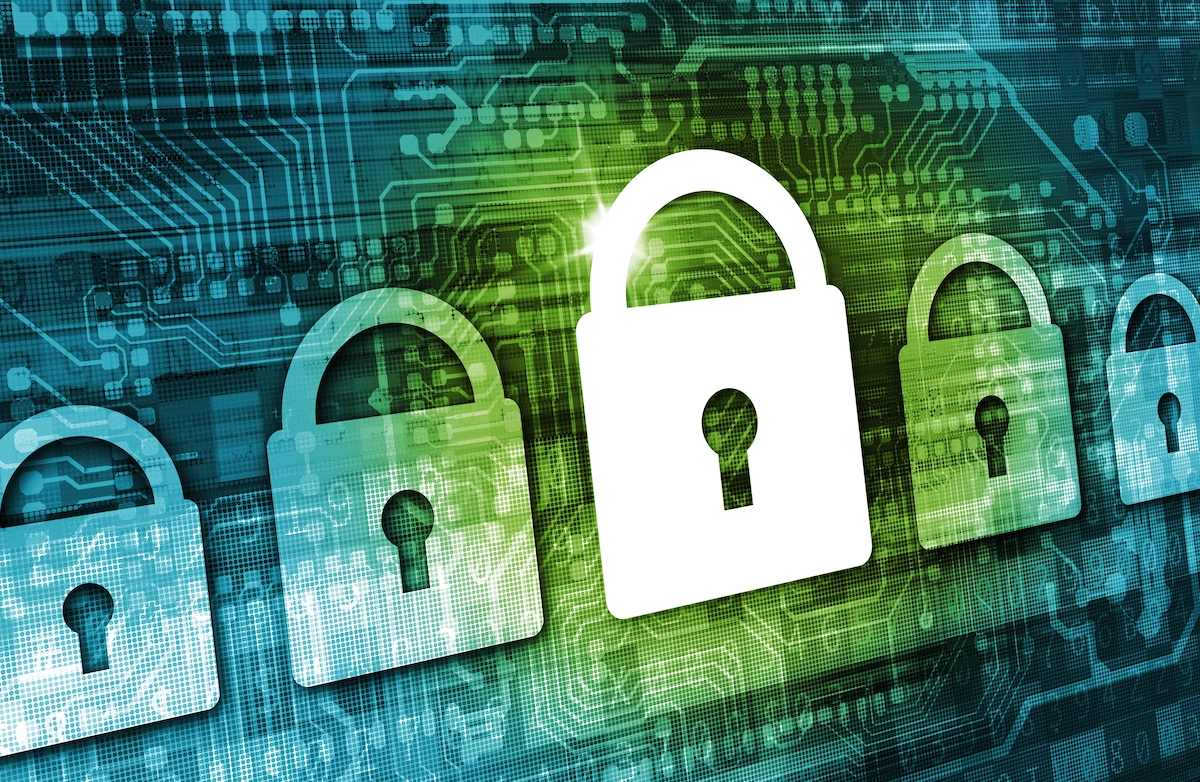Cyber Security Checklist to Ensure Safety & Compliance for Remote Workers

Estimated reading time: 5 minutes
Table of contents
After the COVID outbreak, everything changed. It has left a significant impact on how we conduct ourselves. With this COVID pandemic, everything is different, it’s like there is something in the air that has changed everyone. People who used to work in offices are now working from home, and students who used to attend colleges and schools are now enrolling in online courses. There was a time when only freelancers worked from home, but now many companies offer work-from-home options to their employees, but in order to work remotely, you must meet certain criteria.
We thought we’d cope with the pandemic’s after-effects and get back to normal, but with the arrival of the fourth wave of COVID, we saw an increase in positive cases. Those companies who were getting back to work are now closing their offices permanently and allowing their workforce to work from home. This was not an easy transition. There are a number of standards that must be met in order to avoid problems while working from home.
Cyber security is one of the primary concerns that must be addressed if you are planning to work from home. Even before the epidemic, when everything was normal and employees were not working remotely, businesses took several safeguards to ensure that their data was protected. Around 60% of US residents have been victims of cybercrime, and with new hackers emerging every day, the number of victims continues to climb, and you might be the next if you don’t take this matter seriously.
Those who are working from home must ensure that their systems are protected and secured against online dangers. If your firm has offered you the option of working from home, make the most of it worthwhile while securing your company’s secrets and data.
To make sure that you don’t become a victim of a data breach, there are a few precautions, which you should take.
Get a Secured Internet Connection
If you are working from home or you are planning to work remotely, one of the most crucial things that you should focus on is getting internet service through an internet service provider that doesn’t just offer reliability and high-speed internet connection but also offers a secured internet connection.
When looking for an internet service provider, you will come across a number of firms that offer internet services, but only a few of them will include internet security as part of the package. Most people don’t even think about inquiring if they’ll have internet security when they sign up for services because they aren’t aware of internet hazards until they become a victim of one.
Internet service providers like Cox provide internet security as part of their internet package because they understand how vital it is to keep yourself safe from online risks. With Cox internet, you’ll get an internet security package. Cox Security Suite powered by McAfee provides key internet security services to protect you from cybercriminals and hackers.
If you are working remotely then you will be the only one responsible for data safety. Although there is normally an IT department at the company that ensures that your devices are secure and protected from cybercriminals, we still witness various scenarios in which we discover that the system has been hacked and personal data has been released.
When you work remotely, the possibility of your devices being hacked is higher because you don’t know if the connection you are using is secure or not. Therefore while getting internet service, make sure you check if an internet security suite comes along with the internet service or not. Get an internet security suite, even if it costs you some extra bucks. Better safe than sorry!
Use a Virtual Private Network (VPN)
If you are not working from the office and you are planning to work from home or from a coffee shop, make sure you use VPN. If you have sensitive information on your device that you can’t lose, you need to make sure that you take all the necessary precautions. VPN encrypts the data and changes your IP address. By using VPN, the hacker won’t be able to track your IP address, making it difficult for them to gain access to your device.
If you travel frequently and work while on the road by connecting your device to a public Wi-Fi hotspot, use VPN before you connect your device to the public Wi-Fi to do any task, as public Wi-Fi is the easiest way for hackers to hack your computer.
SEE ALSO: What Is A VPN and Do I Need One?
Beware of Phishing Attacks
One of the major reasons why people become a victim of these internet threats is human errors. Phishing emails and links should be avoided at all costs, and you should never click on a link that you are unfamiliar with. Never open an email from an unknown sender since it could lead to a data breach. Report such emails and links to your security staff so that they can take action quickly.
Regularly Assess Your Vulnerability
Organizations should do regular vulnerability assessments to ensure that their systems are secured and should have a department that examines on a regular basis rather than once a year or once a month, as this allows the hacker to understand the new patterns they are following.
Make a Backup of Your Data
When working from home, use a cloud service to save your data so you don’t lose anything if your device is hacked. It will be quite frustrating if you fail to make a backup and your data is lost.
Change Passwords
Modify any passwords, which you have used multiple times, and if necessary, create stronger ones. Avoid using personal information in passwords such as names, birth dates, addresses, or any other information that could be linked to you. To make things easier, use a password manager.
SEE ALSO: How To Create A Strong Password
Summing It Up
As internet dangers are legitimate, make sure you take all necessary measures to protect your device from malicious hackers. It’s a critical challenge, and we shouldn’t neglect it; many who did do so now regret it.







